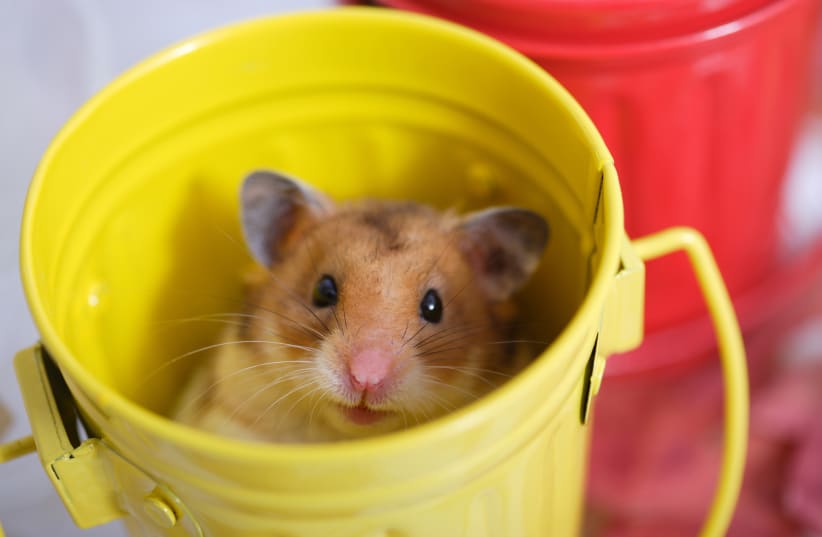Animal testing on new medications will no longer be required for receiving US Food and Drug Administration (FDA) approval, thanks to a law signed by US President Joe Biden at the end of last month.
Called the FDA Modernization Act 2.0, the bill itself saw bipartisan support and was put forth by senators Rand Paul (R-Kentucky) and Cory Booker (D-New Jersey) earlier in 2022. It was introduced into the House of Representatives by Rep. Vern Buchanan (R-Florida) and it then went to the Senate, where it unanimously passed in September.
"The FDA Modernization Act 2.0 will accelerate innovation and get safer, more effective drugs to market more quickly by cutting red tape that is not supported by current science, and I’m proud to have led the charge. The inclusion of this bipartisan effort is a step toward ending the needless suffering and death of animal test subjects – which I'm glad both Republicans and Democrats can agree needs to end."
Senator Rand Paul
"The FDA Modernization Act 2.0 will accelerate innovation and get safer, more effective drugs to market more quickly by cutting red tape that is not supported by current science, and I’m proud to have led the charge," Paul said in a statement. "The inclusion of this bipartisan effort is a step toward ending the needless suffering and death of animal test subjects – which I'm glad both Republicans and Democrats can agree needs to end."
PETA hails an animal rights victory
The new law was hailed as a success by the world's largest animal rights organization People for the Ethical Treatment of Animals (PETA), who described the move as a "radical shift in the way drugs and treatments are developed."
Up until now, as per the existing legislation made around 70 years ago, the FDA required animal testing before approving a drug, once on a rodent and another time on a non-rodent.
However, this has been criticized for being cruel, deadly and, in PETA's words, "scientifically bogus."
Animal Wellness Action and the Center for a Humane president Wayne Pacelle referred to it as an "archaic and debilitating government mandate for animal testing of experimental drugs."
Having said that, animal testing for new drugs hasn't been banned. Rather, it is just simply no longer required and companies can now pick alternative testing methods.
PETA has already proposed one such method, which it calls the Research Modernization Deal. This framework includes a road map and strategy to optimize how health experts can best research medications and disease treatments. The best way to do this, it claims, is by only funding research relevant to humans and not on failed strategies, such as animal testing.
With this existing framework and with the new law signed, PETA now hopes it can call on support to get "that dinosaur of an agency the National Institutes of Health (NIH) to get with the program" and "stop throwing away billions on failed animal experiments."
Ending animal testing: An issue with bipartisan support in US politics
Ending animal testing seems to be a subject with a broad consensus of support across party lines, as evidenced by Paul and Booker working together on it.
This isn't the first time they've done so, either. Back in October 2021, the two jointly proposed the first FDA Modernization Act.
A staff member with Sen. Rand Paul takes photos of her puppy Jefferson on a podium before a press conference on Paul's FDA Modernization Act, which would end the FDA's mandate that experimental drugs must be tested on animals before they are used on humans in clinical trials. pic.twitter.com/92CV4zi42o
— ABC News (@ABC) October 8, 2021
Famously, in keeping with the spirit of said bill, Paul and fellow Republican senators Mike Braun (Indiana) and John Kennedy (Louisiana) hosted a "puppy press conference" in his campaign to get the bill passed.
He further led an effort to press NIH head Dr. Anthony Fauci for answers about animal testing after reports surfaced that the National Institute of Allergy and Infectious Diseases (NIAID) was conducting cruel experiments on beagle puppies.
